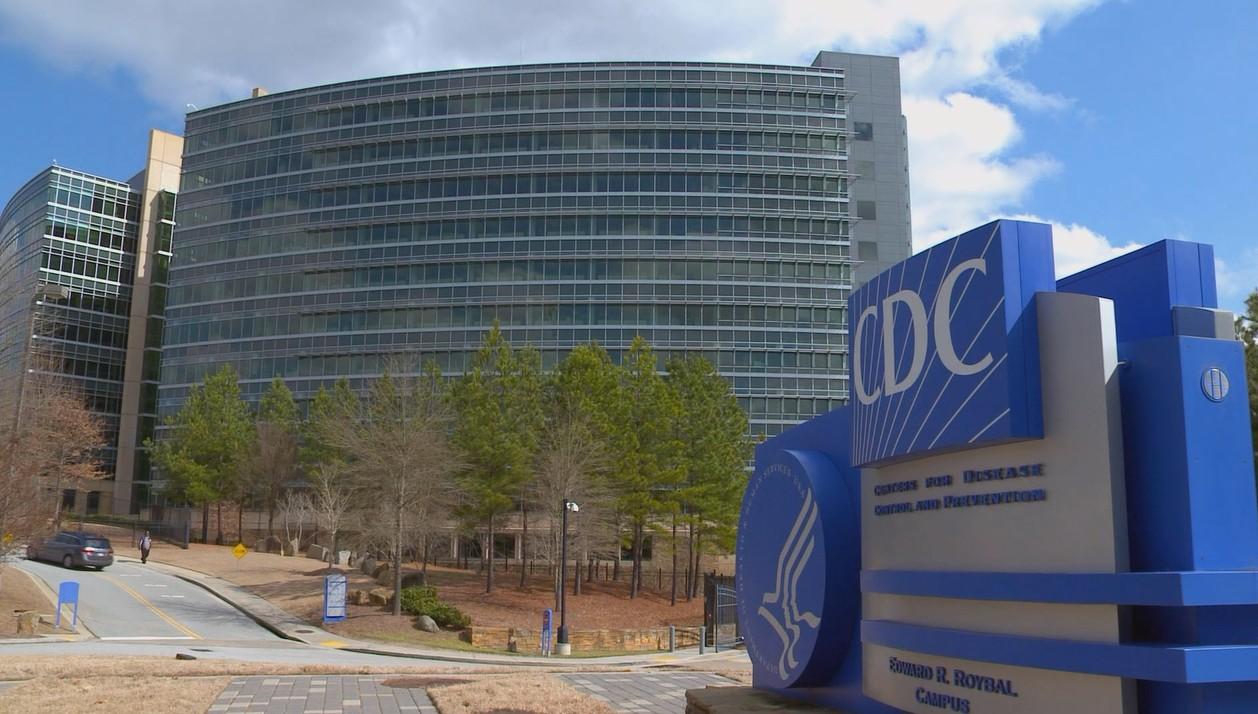The percentage of US adults reporting high confidence in the Centers for Disease Control and Prevention (CDC) fell from 82% in February 2020 to 56% in June 2022, along with decreasing trust in other US health institutions, according to a study yesterday in PLOS Global Public Health.
For the study, researchers from the University of Texas Southwestern Medical Center in Dallas conducted four surveys from February 2020 to October 2024 that assessed Americans' confidence in US health institutions including the CDC, National Institutes of Health (NIH), Department of Health and Human Services (HHS), state and local health departments, professional medical organizations, the White House, and their own doctor. Sample sizes were 718, 672, 856, and 828, respectively.
All four surveys asked participants their perceptions of public health organizations and who they thought should lead the US response to infectious disease outbreaks. Surveys 1 and 2 also asked questions on the COVID-19 pandemic, while surveys 3 and 4 asked questions around the 2022 and 2024 mpox outbreaks.
Confidence in CDC rebounded in 2024, but only slightly
The authors noted that respondents reporting high confidence in the CDC dropping from 82% in February 2020 to 68% in May 2020 to a low of 56% in June 2022—26 percentage points from its high point. The rate of those expressing high confidence then rebounded only slightly, to 60%, in October 2024.
Reported high confidence in the NIH, HHS, state health departments, and medical organizations followed a similar pattern, dropping by 25, 13, 16, and 26 percentage points, respectively, from the first (February 2020) through third (June 2022) survey.
Though confidence in their own doctor and local health departments also decreased in the early years of the pandemic, from February 2020 to June 2022, respondents' confidence in their doctors and local health departments increased by 5 percentage points and 19 percentage points, respectively, from 2022 to 2024. High confidence in the White House increased from 29% in February 2020 to 39% by October 2024.
Need for taking the decline seriously
The study authors conclude, "Our study documents a marked decrease in trust of public health entities among Americans, especially in premier institutions like the CDC and NIH. Several factors have been shown to contribute to this lack of confidence, including misinformation about healthcare and public health services, and socio-economic challenges caused by the pandemic."
As trusted communicators, doctors, nurses, and other healthcare staff will play an essential role in rebuilding Americans' confidence in their public health organizations.
In a press release from PLOS, which published the journal, first author Hannah Melchinger says, "We need to take this decline seriously if we want to preserve the credibility of these entities and their public health recommendations."
Senior Author Amyn Abdul Malik, MBBS, PhD, MPH, adds, "Even though overall trust in healthcare institutions has decreased, healthcare providers remain one of the most trusted sources of health information in the US. As trusted communicators, doctors, nurses, and other healthcare staff will play an essential role in rebuilding Americans' confidence in their public health organizations."




















